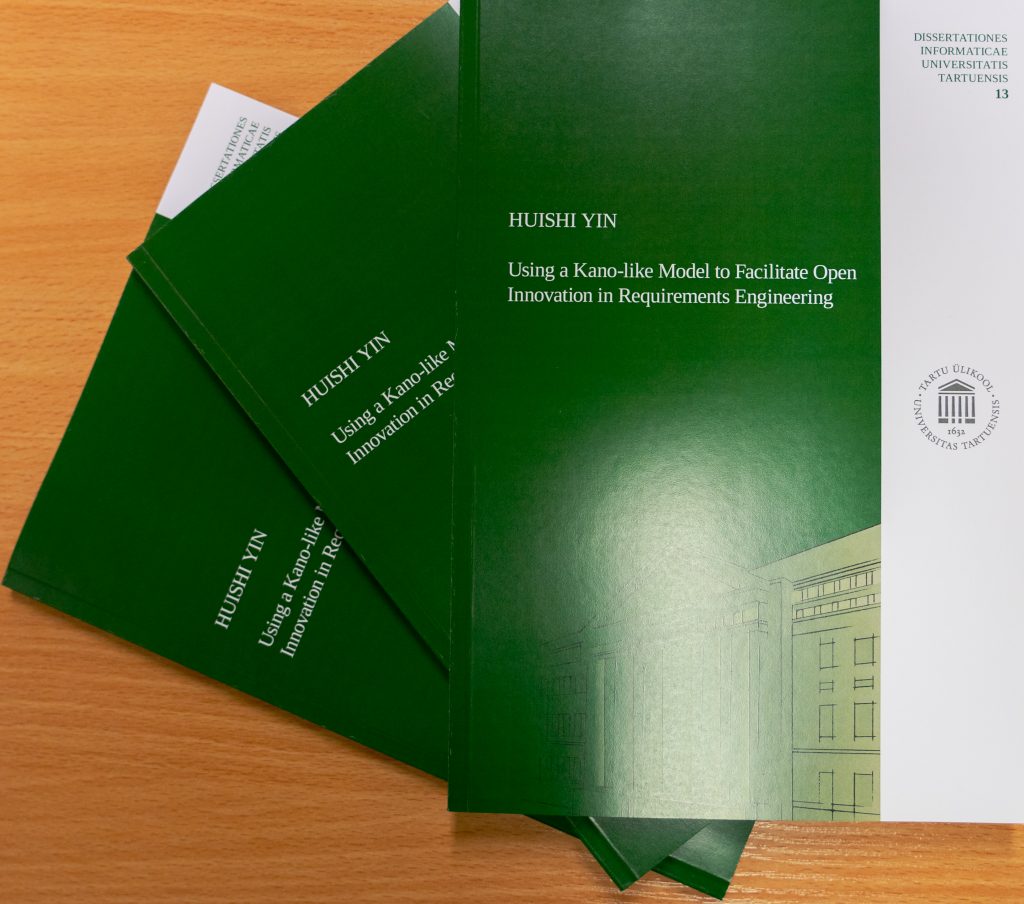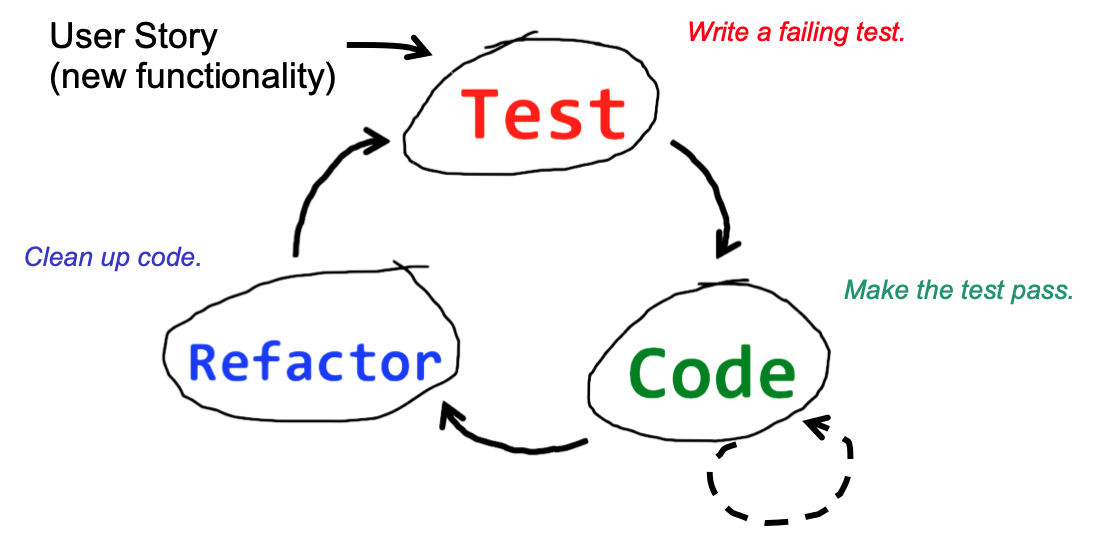On the 17th of December, Huishi Yin defended her PhD on “Using a Kano-like Model to Facilitate Open Innovation in Requirements Engineering” which combines a well-known approach to enhance satisfaction of software users, the Kano model, with modern approaches to gather information from online data sources to facilitate open innovation in the context of software app development.

One of the most crucial activities that determine the success of a software application in the market are requirements engineering (RE) activities. In the process of RE, requirements prioritization is often used to determine which candidate requirements of a feature should be included in a software release and this plays a crucial role in the decisions taken to increase the economic value of software. Nowadays, products evolve fast, and the process of requirements prioritization is also getting shorter. Companies benefit from receiving quick feedback from end users about what should be included in the subsequent release.
One effective approach to support requirements prioritization is the Kano model. The Kano model defines the relationship between user satisfaction and product features. It is a method used to classify user preferences according to their importance, and in doing so, support requirements prioritization. However, implementing the Kano model is costly and time-consuming, and the application of the Kano model cannot be repeated quickly. Moreover, this is even more difficult for small companies because they may not have sufficient funds and resources to contact end users and conduct interviews. This puts small businesses, especially start-ups, at an unfair disadvantage in competing with big companies.
To address this problem and make the application of the Kano model simpler, faster and cheaper, Yin proposes to modify the classic Kano model in two aspects. First, free online text data to replace responses collected from interviewees should be used. Second, in order to handle the higher amount of data that can be collected from free online text data, and in order to facilitate frequent analyses, the data analysis process should be automated.
The goal of Yin’s research is to propose methods to (semi-)automatically classify user opinions collected from online open sources to help decision-makers decide which software requirements to include in subsequent product version. To achieve this research goal, Yin proposes the Open Innovation in Requirements Engineering (OIRE) method to help software organizations gain a better understanding of user needs and satisfaction with existing products. A key element of the OIRE method is its Kano-like model. This Kano-like model mimics the traditional Kano model with the exception of using data from online reviews instead of conducting interviews with select focus groups.
Yin successfully evaluated the OIRE method with the help of case studies in the Chinese industry.


